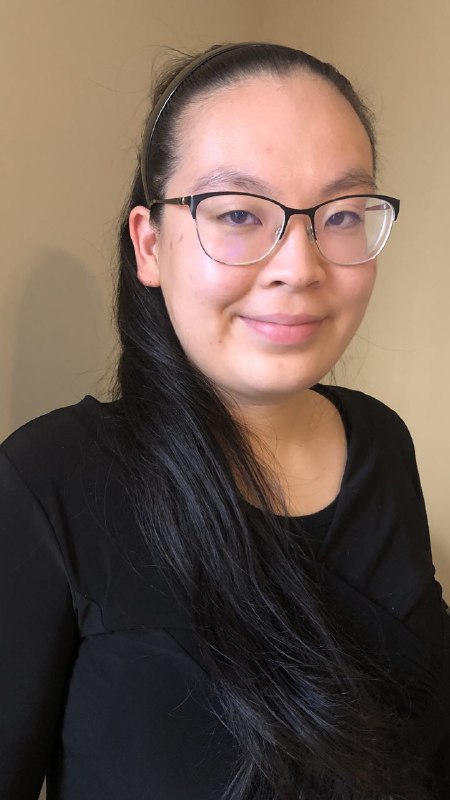Justine Siew moved to North Carolina from the breadbasket of the Midwest with her family six years ago. Originally pursuing a degree in mechanical engineering, she decided to change directions so she could focus on studying American Sign Language (ASL).
While in school and pursuing ASL, she became interested in genetics and genomics during one of her final semesters at school when she was enrolled in a BIO 111 class at her college. Prior to that semester, she didn’t consider herself particularly inclined towards the sciences. However, her biology professor completely changed her mind with her passion for the subject as well as her firm belief that anyone can be a scientist. Because of this, Justine decided to challenge herself to do an Honors Project. Her research project focused on genetically-encoded deafness. Learning about these genetic mutations and their effects on inner ear function ignited a deep interest in biology as it relates to genetics and genetics research.
This interest led to her participation in various internships including the UNC Genomic Medicine Program, the Summer SciComm Institute at Durham Tech, and a DNA Barcoding internship at Durham Tech. Having the opportunity to work at the Berg Lab has allowed her to further pursue her interests in Genetics and explore the various career opportunities within the field. She is excited to be working with and learning from the Antibody Deficiencies and Motile Ciliopathy groups for the lab.
Justine’s ultimate goal is to pursue a career that combines her newfound love for genetics and passion for increasing accessibility for the d/Deaf community* in general and within the scientific field. In a hearing-centric world, the d/Deaf community is often excluded and she wants to change that.
When Justine is not working, she dedicates her time to her family, rocking out to Broadway or 80’s music, reading, volunteering as a sign language interpreter at her church, going on a research deep dive into something history or language related or working towards her goal of becoming a polyglot.
*The population of individuals with hearing loss who primarily communicate using American Sign Language (ASL) use the term “Deaf” with a capital “D” to display their sociocultural identity. The use of the term “deaf” with a lowercase “d” is used to describe individuals who have experienced hearing loss and strive to remain a part of the hearing world. There is a distinct difference between the description of limited hearing or hearing loss and the dynamic culture and way of life.
